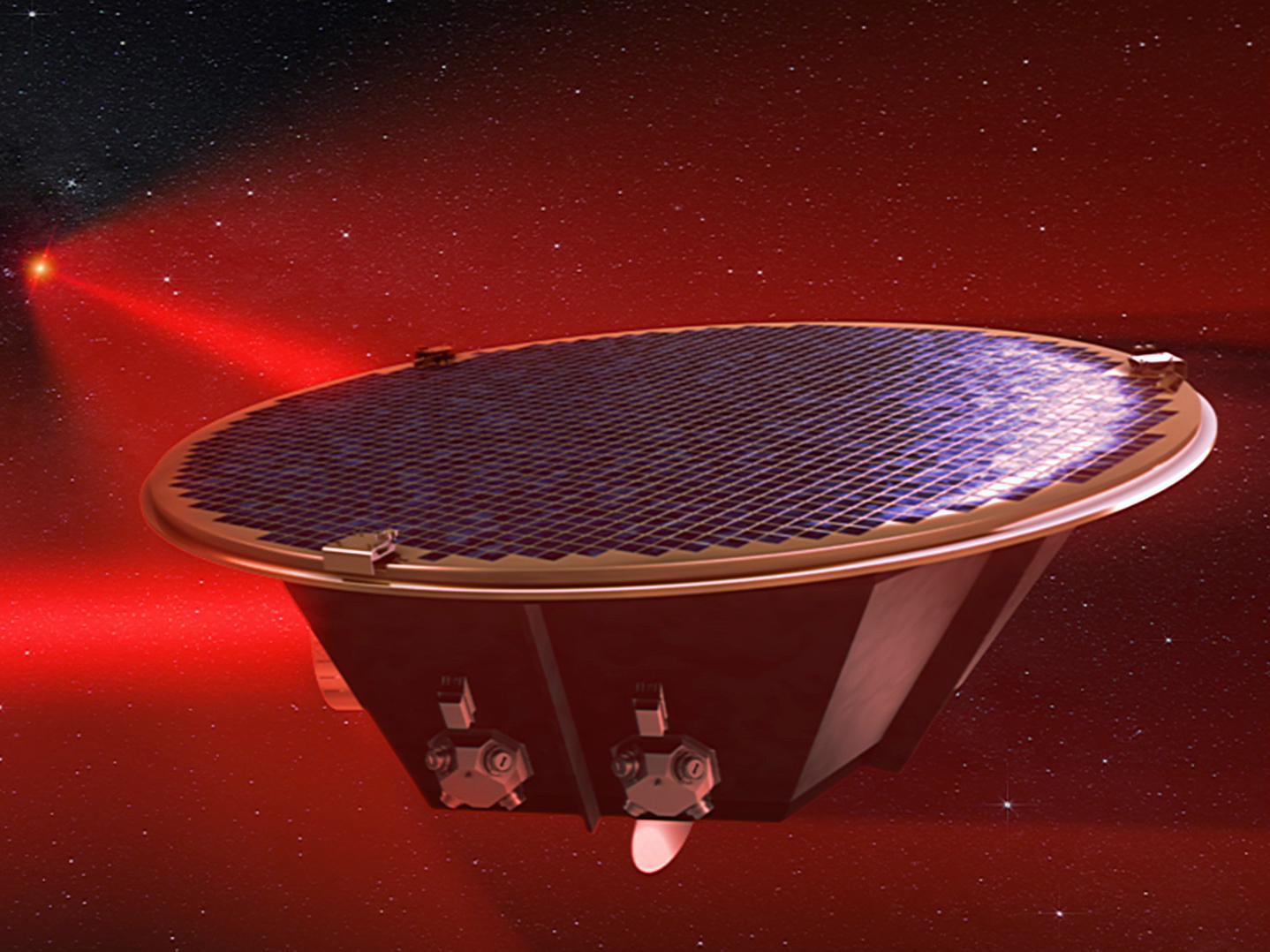When 2 Black Holes Dance, Space Quivers
Just as two kids jumping on a trampoline around each other send waves rippling outwards on the fabric, black holes distort space as they orbit around each other, says astrophysicist Marcelo Gleiser.
by Marcelo Gleiser
Sep 27, 2017
3 minutes

Albert Einstein didn't like them.
To him, black holes were a bit of an embarrassment, as they compromised his dream of a "rational" nature, that is, natural phenomena that we could describe and quantify with the usual methods of science. According to this view, good scientific theories shouldn't generate absurd (read: "irrational") results.
The problem with black holes is that they do exactly that: They represent the extreme of having gravity pull so hard that the whole of space sort of curls up on itself, closing like
You’re reading a preview, subscribe to read more.
Start your free 30 days



